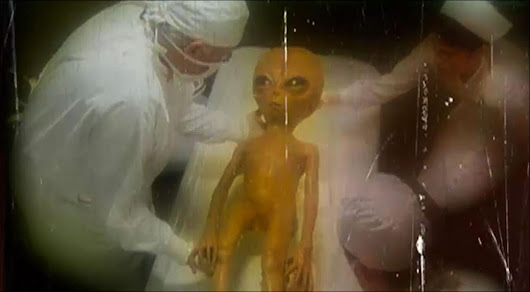on
TIME
The Theoretical Possibilities of Time Travel into the Past Using Advanced AI of the Future Time travel has captivated the human imagination for centuries, appearing in countless books, movies, and scientific debates. While it remains a speculative concept, advancements in artificial intelligence (AI) might one day make time travel—at least theoretically—a tangible reality. Could future AI unlock the mysteries of time and help humanity navigate the fabric of space-time? Let’s dive into the possibilities. occur. Solving Energy Constraints One of the biggest barriers to time travel is the immense energy required. Future AI could optimize energy generation and utilization techniques, making creating the conditions necessary for time manipulation feasible. Quantum Computing and Time Dynamics Quantum mechanics introduces concepts like superposition and entanglement, which might play a role in time travel. Quantum AI could analyze and harness these phenomena, potentially bridging gaps in our ...
- Get link
- X
- Other Apps


Comments
Post a Comment